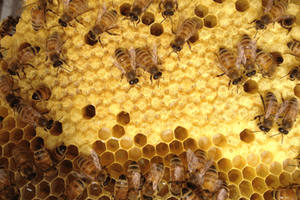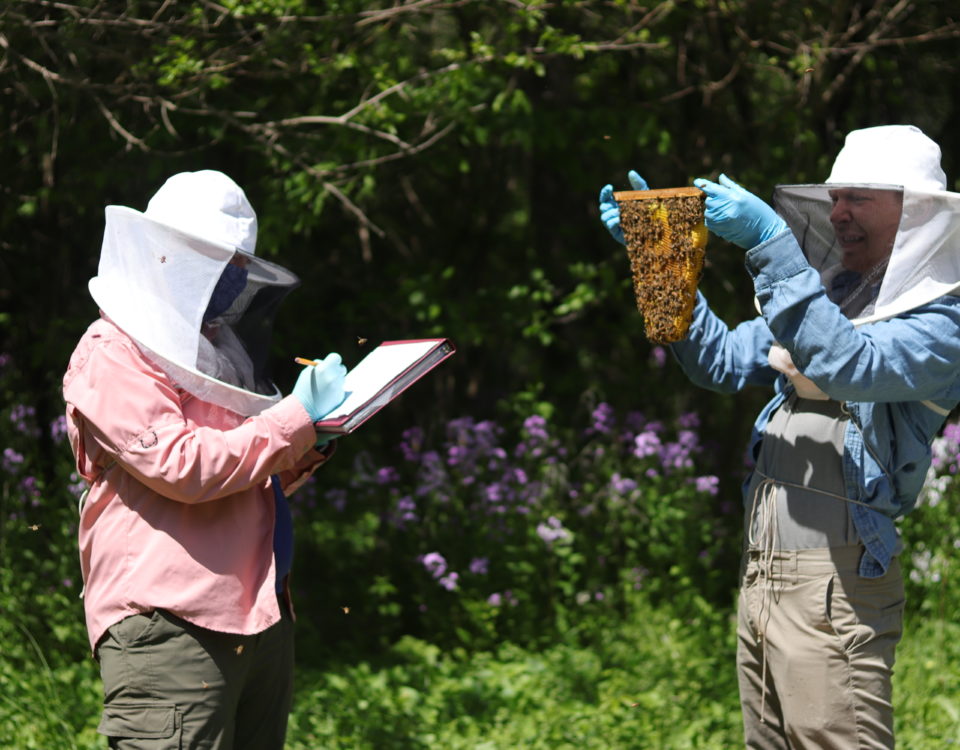- All-In-One Beekeeping for the Bees
- +1-608-728-8233
- info@beepods.com
Where does pollinator week come from? A brief History of Pollinator Week and its impact on supporting pollinators


The history of pollinator week, although short, has been very impactful in the United States and around the world.
On September 21, 2006, the US Senate created a National Pollinator Week to “recognize the importance of pollinators to our ecosystem health and agriculture.” Every year since the inception, the week has grown in support and activities to educate and explore the world of pollinators.
The official resolution states the importance of pollinators to our food system, the economy and the overall health of the American population. In the wording, it also recognizes some possible outcomes if pollinators are not supported.

In turn, the senate ensured a partnership between federal government and the Pollinator Partnership to work on improving the ecosystem for pollinators. Also recognizing the North American Pollinator Protection Campaign, managed by the Coevolution Institute, public and private partnership is important to the success and stability in maintaining health of pollinators.
Overall, this action has grown via a grass roots effort and in 2019, all but 1 state officially proclaimed that “Pollinator Week” would be declared a recognized event. You can check out the list of states that proclaimed 2019 Pollinator Week here.
Overall, the Pollinator Partnership has been an increasingly inclusive organization asking everyone to participate… even if it’s just sharing a social media post… #pollinatorweek
Some say this week has caused great improvements in passing legislation supporting pollinator health, or at least minimizing the negative impacts. Several bills have been introduced to take actions related to pesticide use that may affect pollinators. While there have been an array of recommendations, including suspending the use of neonicotinoid pesticides, via the “Saving America’s Pollinators Act of 2015.”
Additionally, the house committee on transportation and infrastructure introduced a bill to improve pollinator environment and ecosystem along highways via the “Highways, Bettering the Economy and Environment Pollinator Protection Act.” This would authorize the improvement of habitat and forage for pollinators adjacent to some highways.
All in all, people from all walks of life and background are getting involved in the movement. This event now crosses national borders into Canada, Mexico and even some countries in Europe.
We know that at Beepods, we are just one small part of this. We hope you get involved in your community and email us at info@beepods.com if you need some ideas. Stay tuned this week as we walk through some of our other favorite pollinators that are not honey bees.
If you want to get involved in pollinator week, here are some great resources to check out below for ideas to use in your community.
US Fish and Wildlife Service – Pollinators
The National Wildlife Federation
National Pollinator Garden Network
Brad James
Latest posts by Brad James (see all)
- Where does pollinator week come from? A brief History of Pollinator Week and its impact on supporting pollinators - June 17, 2019
- Honey Bee Breeds and Their Attributes - March 2, 2018
- My 3-Year-Old Daughter Loves Bees - December 5, 2017



